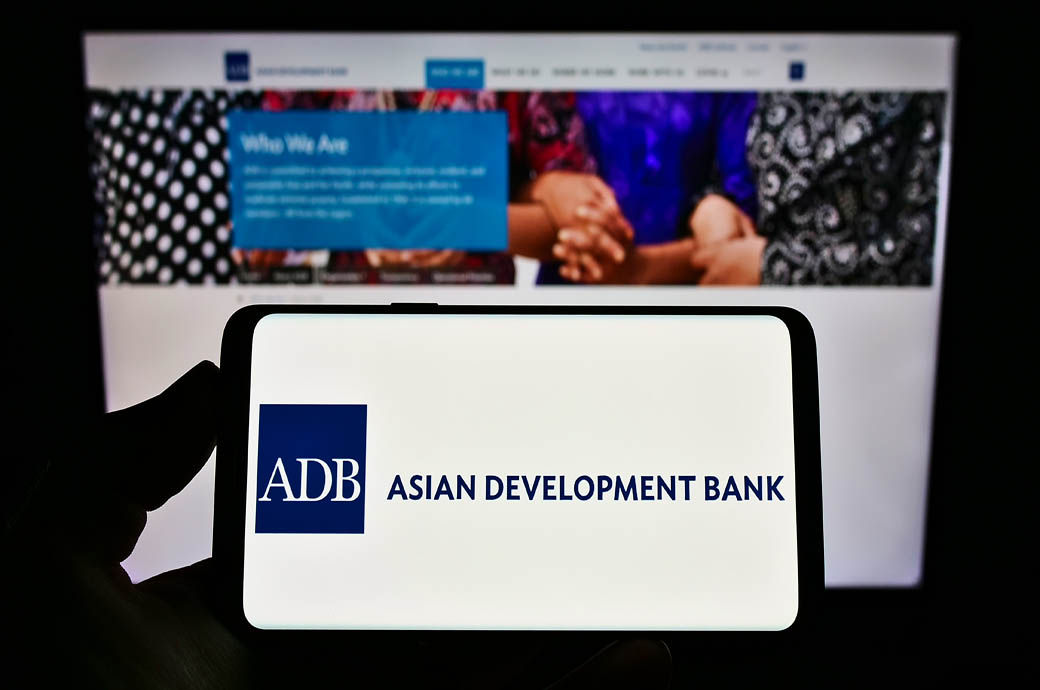
In line with this approach, ADB aims to provide $ 300-400 million annually in budget support, contingent upon progress in reforms and alignment with the International Monetary Fund (IMF) programme.
Kadono acknowledged the significant strides made in reforms thus far but stressed the need for realistic expectations and sustained momentum to prevent reform fatigue.
Addressing the low Foreign Direct Investment (FDI) contribution to Sri Lanka’s GDP, Kadono advocated for a more favourable investment climate to attract both domestic and foreign investors effectively.
The overarching objective of the CPS is to foster sustainable recovery, resilience building, and growth revival in Sri Lanka.
The CPS prioritises climate action, disaster resilience, environmental sustainability, gender equality, social inclusion, governance, capacity development, and digitalisation. These priorities will be pursued through strategic objectives such as strengthening public financial management and governance, promoting private sector development for green growth, and enhancing access to climate-smart public services while deepening inclusion.
Aligned with Sri Lanka’s national priorities, global commitments like the Paris Agreement and Sustainable Development Goals (SDGs), ADB’s Strategy 2030, and shifts towards climate and private sector considerations, the CPS sets a comprehensive roadmap for ADB’s engagement in Sri Lanka’s development trajectory.
Fibre2Fashion News Desk (DR)